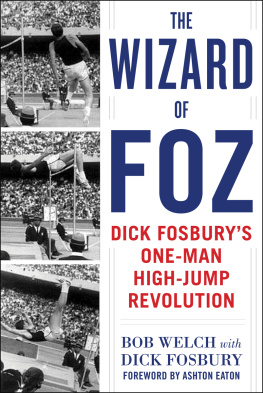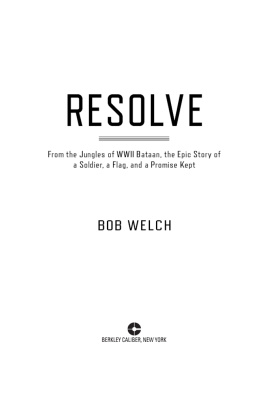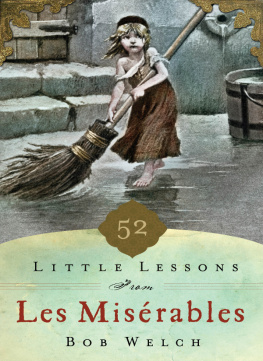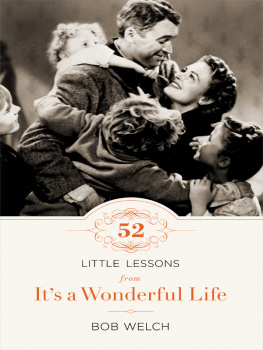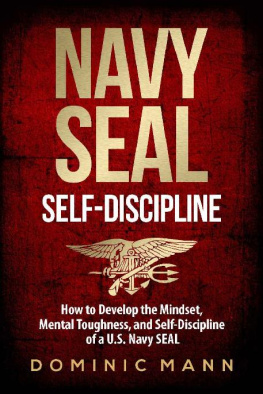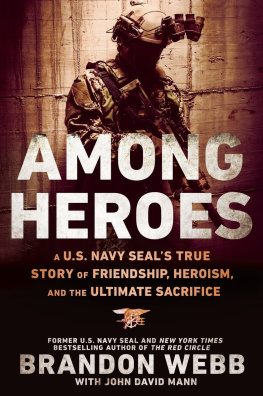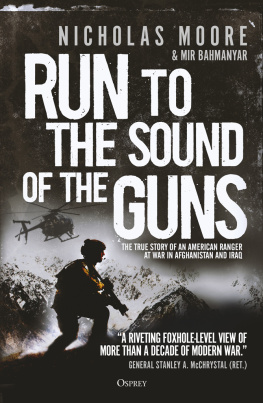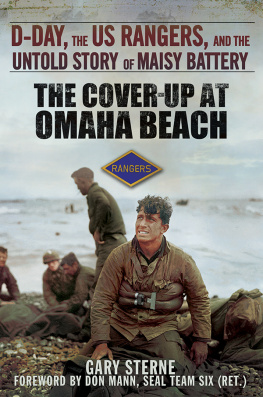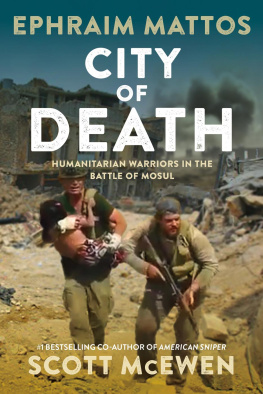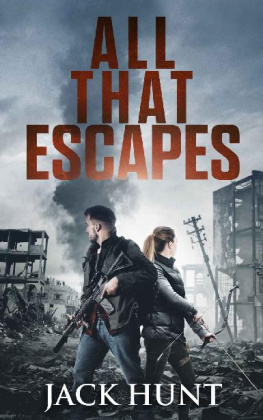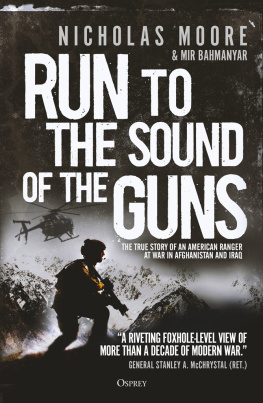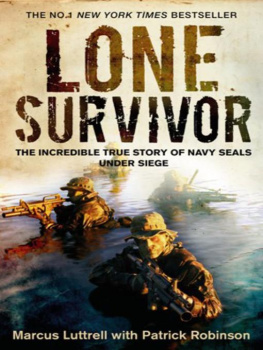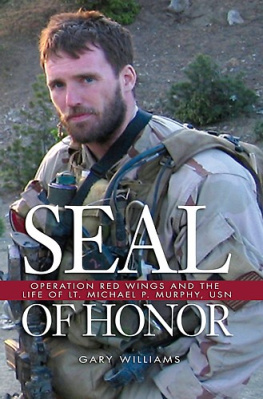Copyright 2021 by Anthony Douglas Brooks
All rights reserved, including the right to reproduce this book or portions thereof in any form whatsoever.
For more information, email
The views expressed in this publication are those of the author and do not necessarily reflect the official policy or position of the Department of Defense or the U.S. government.
The public release clearance of this publication by the Department of Defense does not imply Department of Defense endorsement or factual accuracy of the material.
Diversion Books
A division of Diversion Publishing Corp
www.diversionbooks.com
First Diversion Books edition, August 2021
Hardcover ISBN: 9781635767353
eBook ISBN: 9781635767360
Printed in The United States of America
1 3 5 7 9 10 8 6 4 2
Library of Congress cataloging-in-publication data is available on file.
Authors Note
In 2003, the same year I enlisted to become a US Army Ranger, the movie Return of the King was released. In director Peter Jacksons last film adaptation of J.R.R. Tolkiens Lord of the Rings trilogy, its ending explains, in part, why I wrote this book. In one of the final scenes, four of the Hobbits have returned from battle to their homeland, the Shire. Returned, you could say, from helping save the world, in this case Middle-earth.
They gather at a pubnot that any of the crowd there notices. Amid a festive atmosphere, the attention of the other patrons is focused on a giant pumpkin that someone has placed at a nearby table. People are fascinated by it. But nobody pays any attention to the home-from-war soldiers.
The viewer, of course, sees the irony. The viewer knows the context: where the four young men have been. What they have accomplished. And how the foursomeFrodo, Sam, Pippin, and Merryhad left as boys and returned as men. They had gone to war, risked it all, cheated deathall for the good of the Shire. For their fellow citizens. For people just like the folks mesmerized by the giant pumpkin.
Given the lack of attention paid them, they might as well have been ghosts. Not a word is spoken in the scene, but the eyes and subtle gestures of the four say it all. Initially, theres a slight sense that they feel forgotten. But instead of slinking into self-pity they exude something else: a subtle sense of pride. They know where theyve been and what theyve doneand, at the end of the day, thats all that really matters. They smile. Toast each other. Its time, the unspoken words suggest, to move on with their lives.
To that end, Sam catches the eyes of the bartender he was smitten with before hed left for warand he heads toward her like a heat-seeking missile. Ultimately, he marries her.
I can relate to it all, including Sams attraction to a cute bartender, which pretty much mirrors my time before and after my deployments to Afghanistan and Iraq. And I can definitely relate to the ghost feeling. Nobody goes to war expecting a gala sendoff or comes home expecting to be waving to the crowd from a convertible in a ticker-tape parade. But soldiers whove served in Iraq and Afghanistan are, indeed, invisible. Few civilians notice them leave, notice theyre gone, or notice them when theyve returned.
Whats more, beyond family and friends, few notice the ones who dont returnwho give their lives for their country. Whats lost in all this? Stories. Perspective. Understanding. The gap between soldier and civilian grows wider. And, given that were all citizens of the same country, I find that an unnecessary shame.
Im a people person; as a chiropractor, I deal with patients every day. If I had to work in a cubicle, cut off from people, Id go nuts. I enjoy engaging other human beings. At age thirty-five, I was elected president of my local Rotary club in Washington state. I serve on a police foundation board. When I meet someone, I want to know what their story iswhat they do for a living, where theyre from, why they live where they live. The works.
But I noticed something when I returned from Afghanistan and Iraq: nobody seemed interested in hearing my story. Dont get me wrong. I dont consider myself any sort of hero. I didnt engage in that much combat. But like the foursome in the pub, I went to war. I put my life on the line for freedom. For the patrons of the pub, as it were.
Most civilians have so little interaction with, and understanding of, todays military, that they see someones experience in Afghanistan and Iraq in one of two ways: in terms of political fodder, or in terms of stereotypical fodder. The former denigrates military personnel to pawns of presidents and political leaders, tainting them as extensions of the war-is-evil viewpoint. The latter suggests every soldier was an ace sniper, eluded capture by hundreds of marauders, and fired a machine gun day in and day out.
Neither is true. In terms of politics, hating war shouldnt mean hatingor disrespectingthe warrior. And in terms of stereotypes, the military is so much deeper and broader than combat heroes. Im hardly the Global War on Terrors (GWOT) answer to Rambo; in fact, the only two people Ive ever been compared to in cinematic terms are Forrest Gump, the earnest do-gooder played by Tom Hanks, and Peter Parker, Spider-Mans weaker side. But heres the thing: most soldiers whove served in Iraq or Afghanistan are probably far more like me than Rambo. We are ordinary men and women who have had the privilege of serving with extraordinary soldiers. And yet we, too, have stories worth tellingnot for our collective egos, but for the collective education of our country.
So, consider this a different type of war story, with less emphasis on blood and guts than on honor, courage, and reality. I dont want to shout my story from the rooftop for some sort of self-edification. But, yeah, I do want my children to understand the amazing experience and heartache that their father endured. And I do want to help readers get beyond the military stereotypes that so often stifle civilians and soldiers from better understanding each other. I want them to experience a war story that has the grit and grist of war, complete with, unfortunately, unprecedented death on the American side, but may not include combat on a blockbuster-film scale.
To that end, Im tempted to see this as Every Soldiers Afghanistan Story, but that would be nave. Youve heard it said, Every child has different parents, the inference, of course, being that each kids experience is uniquely different from the other siblings. In the same way, every soldier has a different war. This is just one Army Rangers war. Nothing more. Nothing less.


